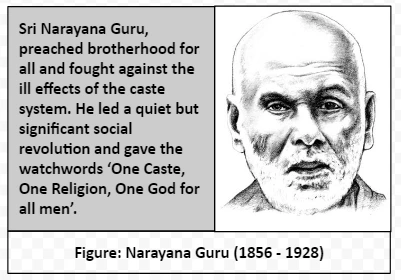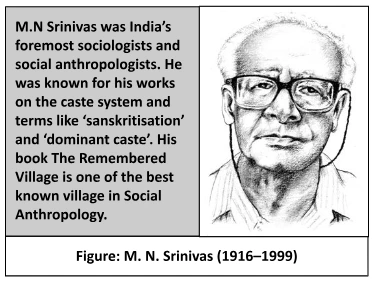![]() 13 Dec 2023
13 Dec 2023
The most eventful and important sphere of change has been that of caste politics in independent India. From its very beginnings in independent India, democratic politics has been deeply conditioned by caste. While its functioning has become more and more complex and hard to predict, it cannot be denied that caste remains central to electoral politics.
Understanding the intricate interplay between caste dynamics and political processes is crucial for unraveling the complexities of Indian politics.


<div class="new-fform">
</div>